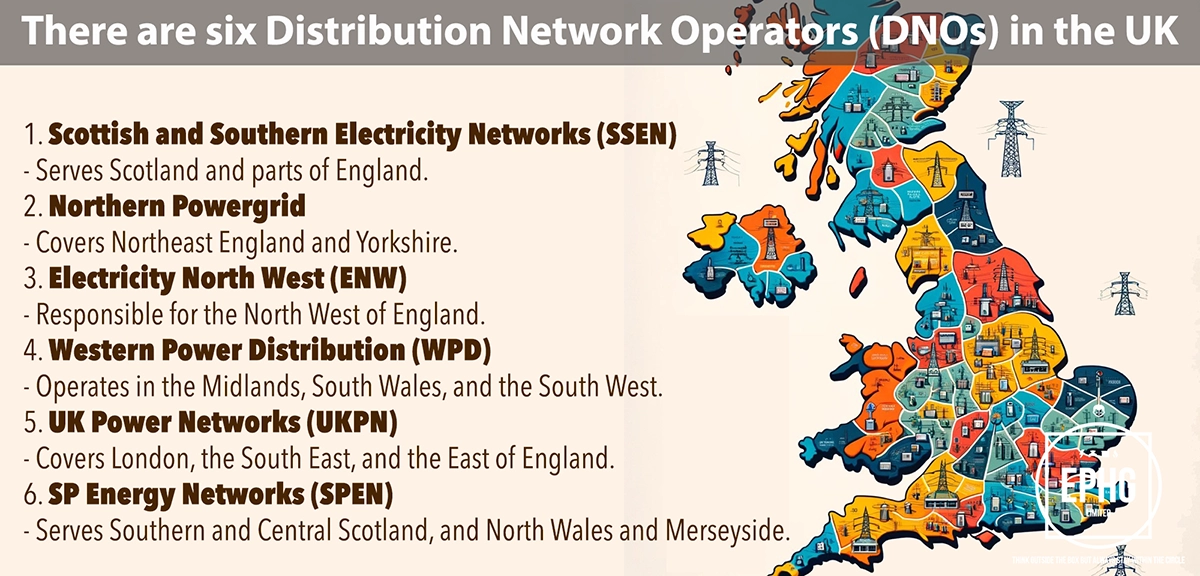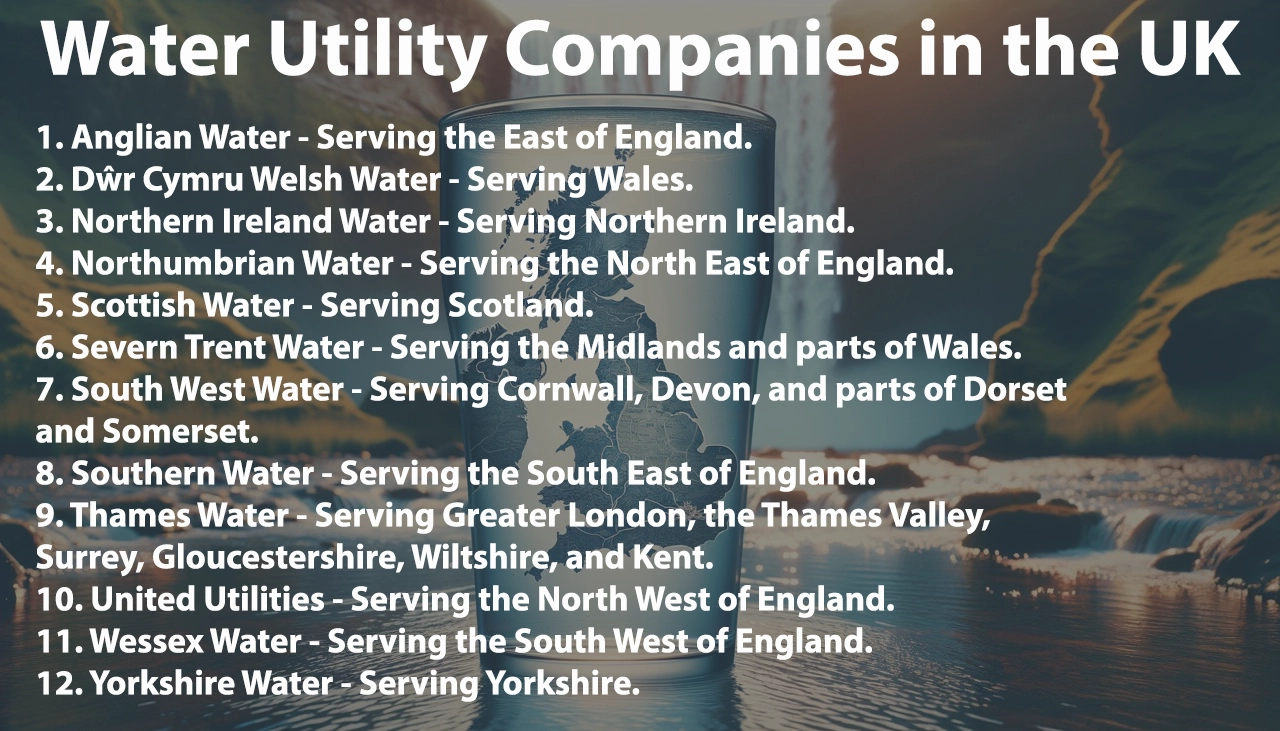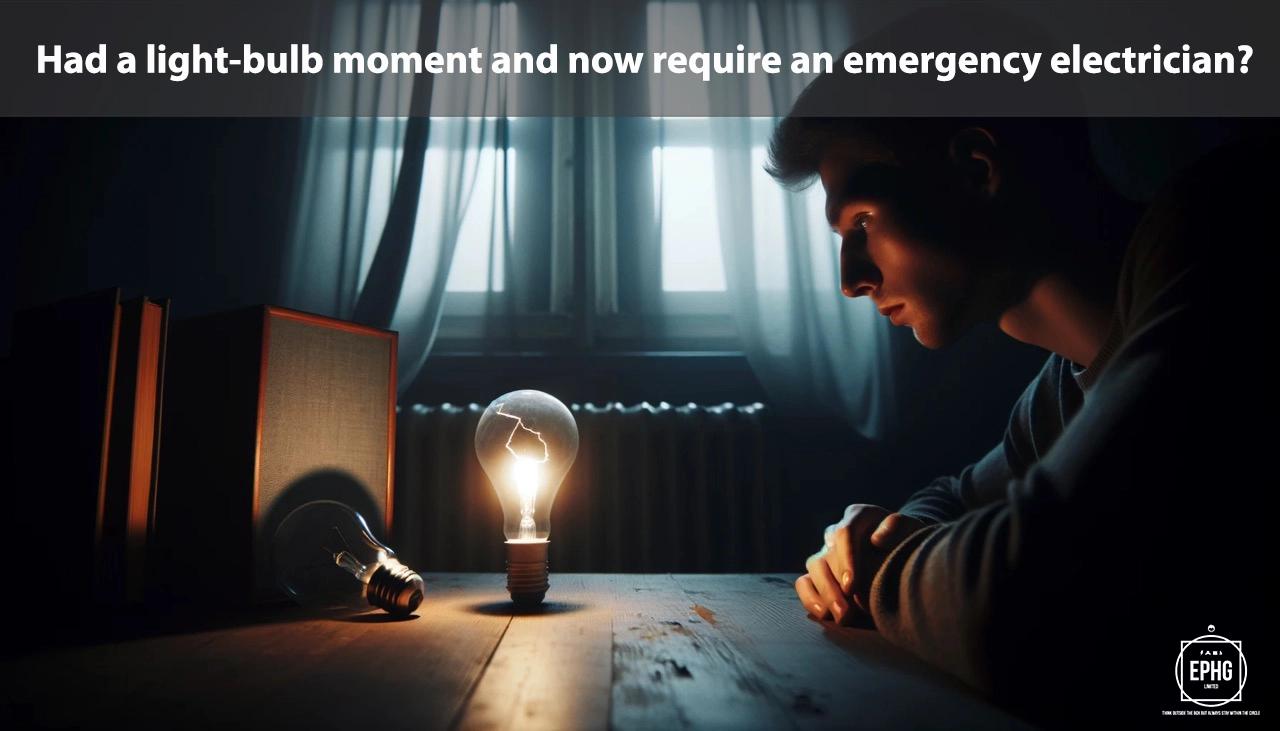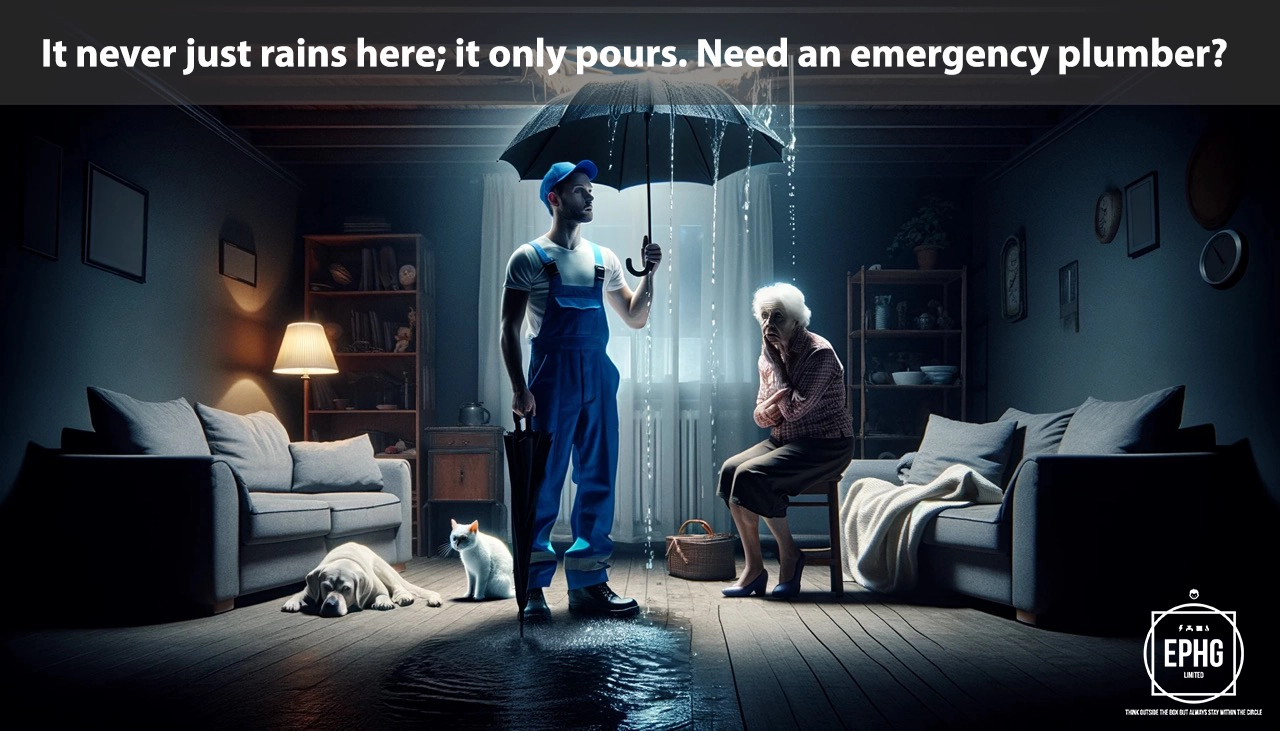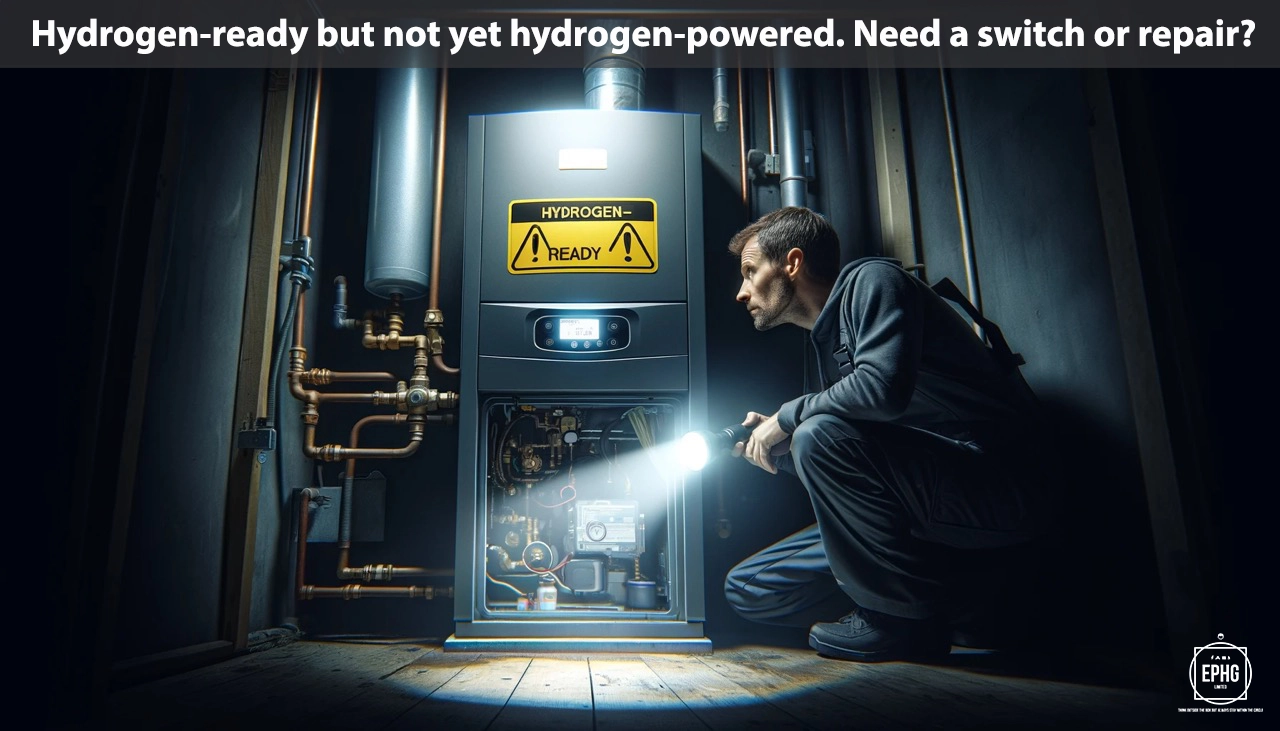
FY Postcodes for Utilities & Services in Blackpool
Introduction: The FY postcode area, encompassing Blackpool and its surrounding locales, offers a glimpse into the essential utilities serving the region, including insights into water and electricity provisions, among other vital services.
Water in Blackpool
Where does the water supply come from in Blackpool and is there ever a shortage of water?
In Blackpool, the primary water supply is drawn from Lake District and Pennine sources, which are fed into the area through an extensive network of reservoirs and treatment plants. The main rivers contributing to this supply include the River Wyre and the River Ribble, which support the regional water needs. Although Blackpool generally maintains a consistent water supply, the region is not immune to the challenges posed by climate variations, seasonal tourism surges, and urban development pressures. Water scarcity can be a concern during prolonged dry periods, particularly in summer months when demand spikes. To address these challenges, local water authorities implement rigorous management and conservation practices. Residents are also encouraged to participate in water-saving measures to help ensure a stable supply throughout the year.
What is the hardness & quality of the water in Blackpool and can this affect your health?
The water in Blackpool is moderately hard, a characteristic resulting from its journey through limestone and other mineral-rich strata in the region. This hardness implies higher levels of calcium and magnesium, which has implications for household appliances and can influence water taste. Despite this, the water quality in Blackpool meets all statutory health and safety standards, undergoing thorough testing to ensure it is safe for all domestic uses. While hard water has been linked to minor skin irritations for sensitive individuals, it poses no significant health risks. Indeed, the minerals found in hard water can be beneficial in dietary terms. Nonetheless, local water suppliers and health agencies continue to monitor and manage water quality, ensuring that residents have access to safe, clean water.
Electricity in Blackpool
Where does the electric supply come from in Blackpool and what is the future of energy there?
The electric supply in Blackpool primarily comes from a combination of traditional and renewable energy sources. Historically, the region has relied on coal and natural gas-fired power stations. However, there is a growing shift towards renewable resources, reflecting a nationwide move towards more sustainable energy practices. Wind power, thanks to the coastal location, is increasingly significant, with several offshore wind farms contributing to the local grid. Solar energy installations are also on the rise, supported by national incentives and local initiatives. Blackpool is embracing the transition to a low-carbon future, with investments in renewable energy technologies and infrastructure, such as electric vehicle charging points and energy-efficient public lighting. The future of energy in Blackpool is set to be more sustainable and green, aligning with global trends and national targets for reducing carbon emissions.
When is hydrogen coming to gas boilers in Blackpool?
Blackpool is aligning with the broader UK strategy to introduce hydrogen as a greener alternative to natural gas for heating. The timeline for this transition involves several stages, starting with research and pilot projects, expected to roll out in the next few years. The region is preparing for this shift by updating infrastructure and planning for the integration of hydrogen-ready boilers in homes and businesses. This transition is part of the UK's commitment to achieving net-zero carbon emissions, with Blackpool playing a role in this national effort. Residents are advised to stay informed about the upcoming changes and to consider energy-efficient options for their homes. Local authorities and service providers will be offering guidance and support to ensure a smooth transition to hydrogen heating, contributing to the area’s environmental targets.
Where Does the Wastewater Go in Blackpool
In Blackpool, the management of wastewater is a critical component of maintaining public health and protecting the environment. Wastewater from residential, commercial, and industrial areas is collected and transported to local treatment facilities, such as the United Utilities-operated works. These facilities employ advanced treatment processes to remove contaminants and pollutants before the cleaned water is released back into the natural environment. The treated water is typically discharged into the Irish Sea, following strict regulations to ensure the protection of marine ecosystems and beach quality. Blackpool's wastewater treatment processes illustrate the town's commitment to environmental sustainability and public health, with continuous investments in infrastructure and technology to improve wastewater management and support the region's growth and tourism.
Regions and Services:
The FY postcode covers a varied landscape, from the vibrant coastal city of Blackpool to the serene rural settings of the Fylde coast and beyond. Key regions include:
- Blackpool City: A hub of urban development and utility services, Blackpool is known for its extensive electrical and gas networks, supporting both residential and commercial areas as well as the thriving tourism industry.
- Fleetwood, Lytham St Annes, and Poulton-le-Fylde: Coastal towns that blend traditional charm with modern amenities. These areas are witnessing gradual integration of renewable energy sources and improvements in waste management and water treatment services.
- Thornton-Cleveleys, Kirkham, and Wesham: Smaller towns and villages where community-led initiatives and local government projects are enhancing the quality and sustainability of utilities, including the adoption of solar power and energy efficiency measures.

Regions within the FY Postcode
Blackpool City
- FY1: Blackpool Central, Blackpool Tower
- FY2: Bispham, Norbreck
- FY3: Layton, Marton, Staining
- FY4: South Shore, Squires Gate, Blackpool Airport
- FY7: Fleetwood, Rossall Beach
- FY8: Lytham St Annes, Ansdell
Surrounding Areas and Villages
- FY5: Thornton-Cleveleys, Little Bispham
- FY6: Poulton-le-Fylde, Carleton, Hambleton
- FY9: Preesall, Knott End-on-Sea
- FY10: Singleton, Weeton
